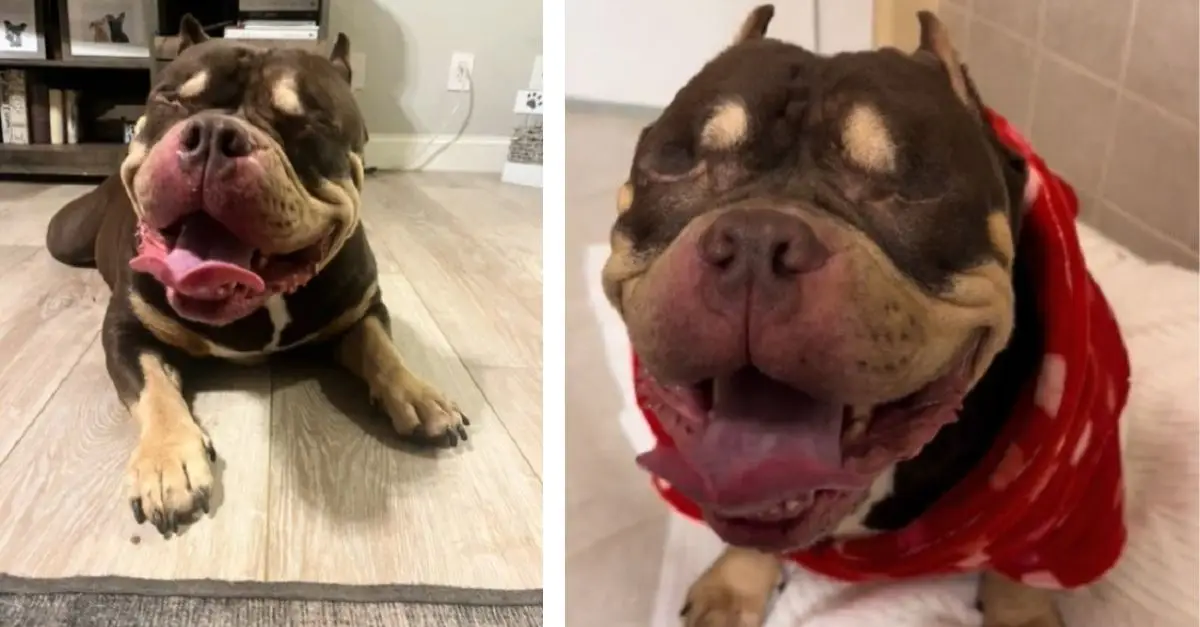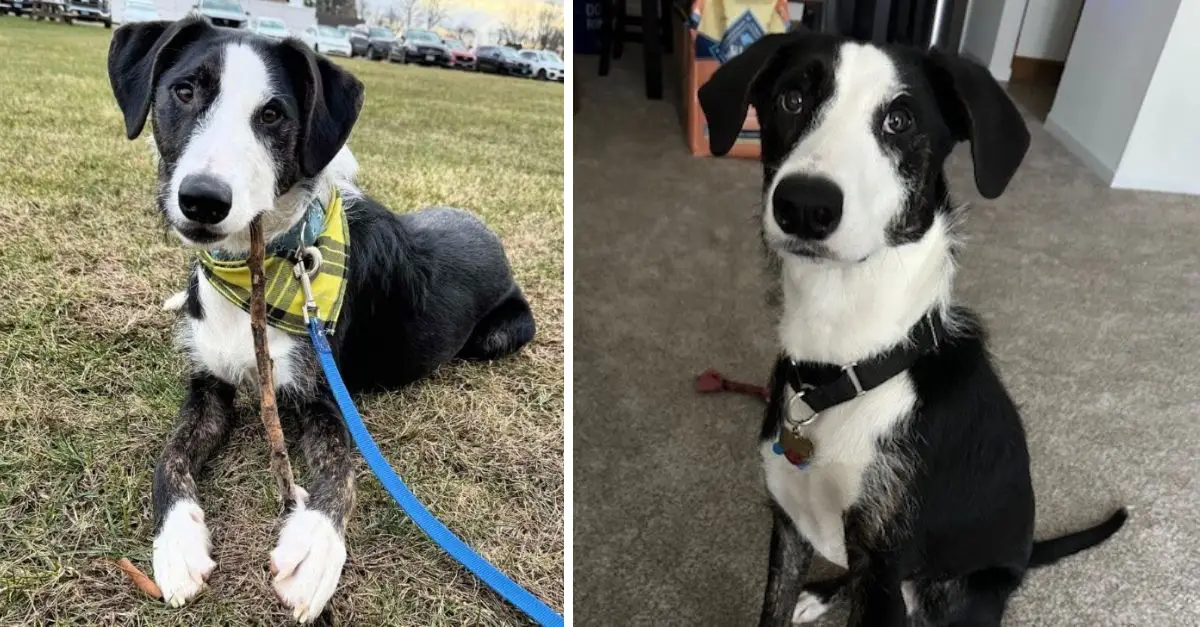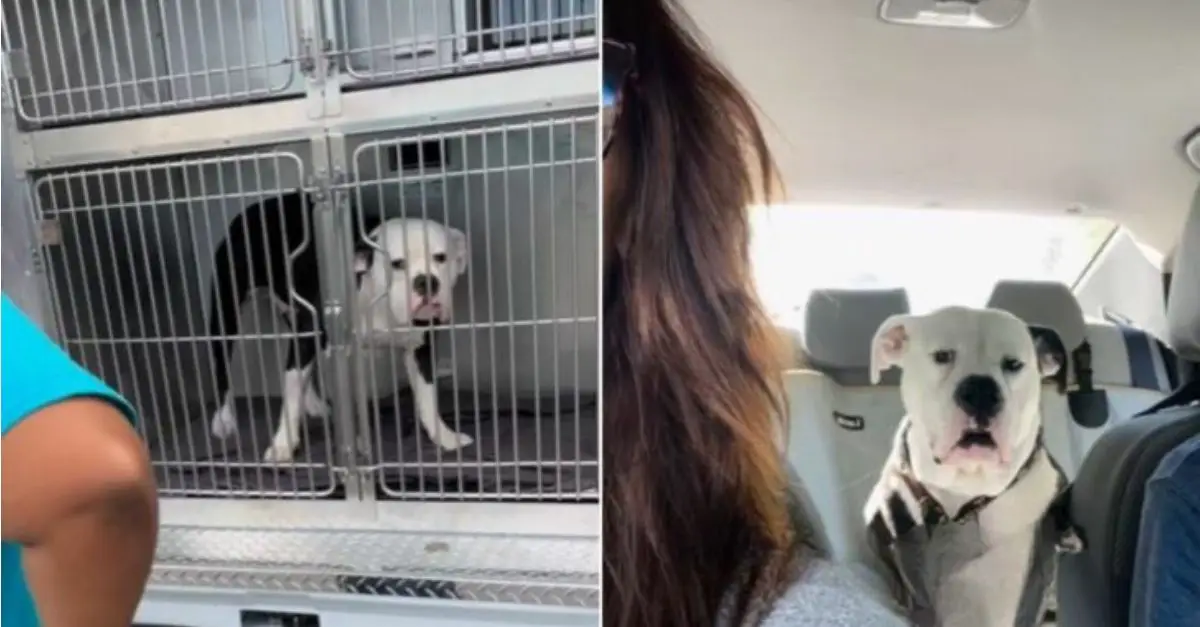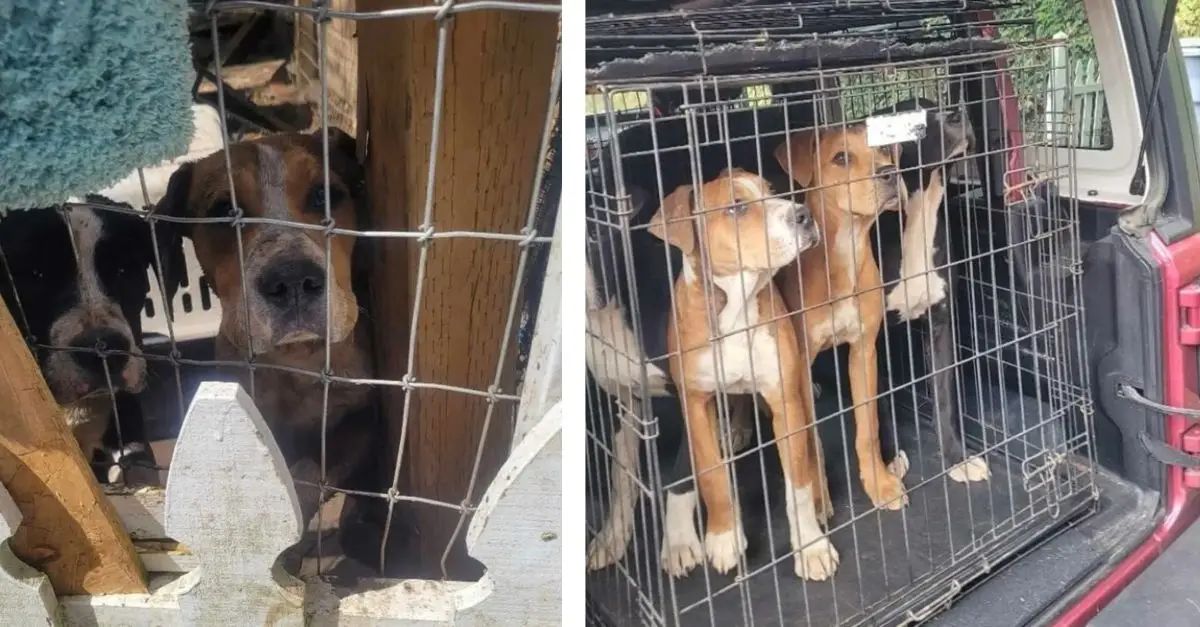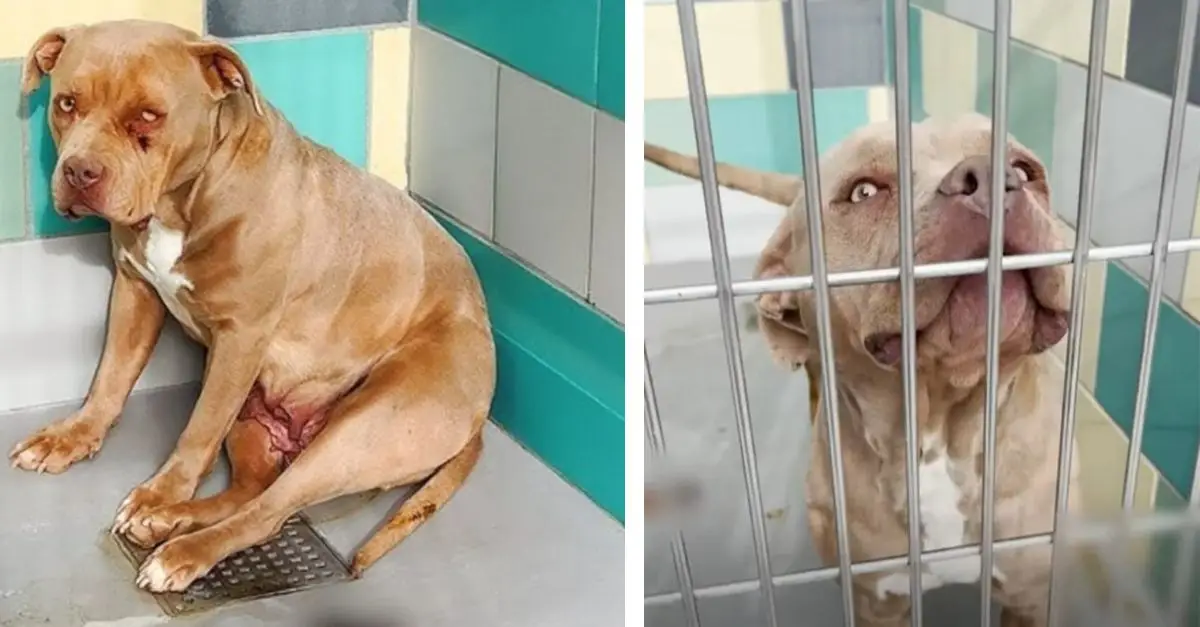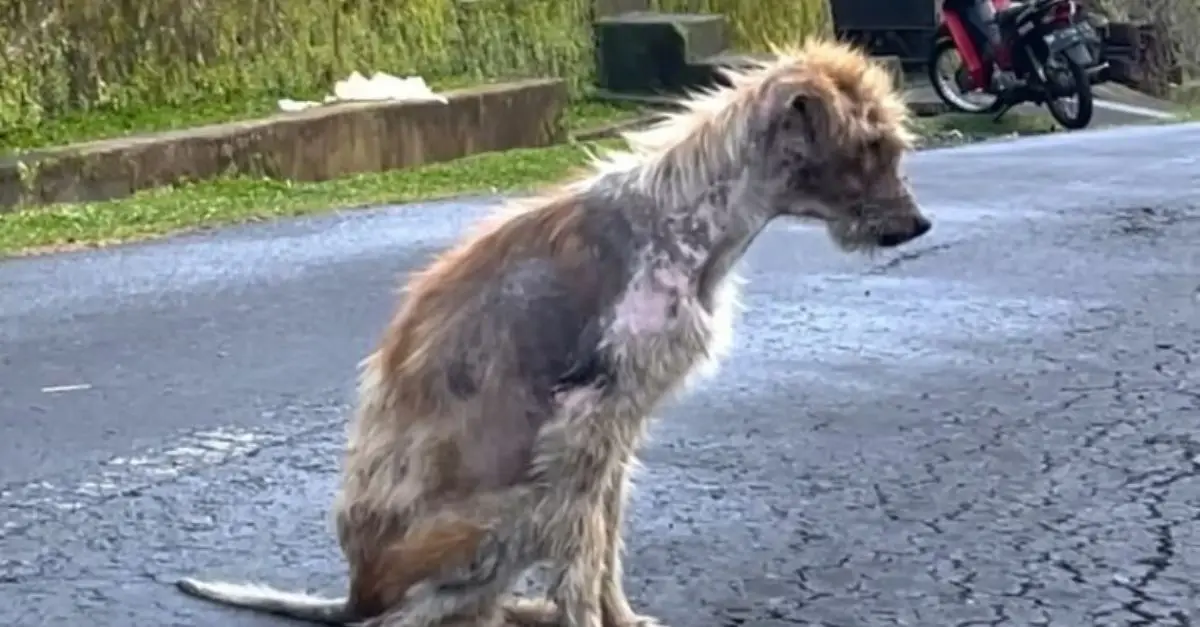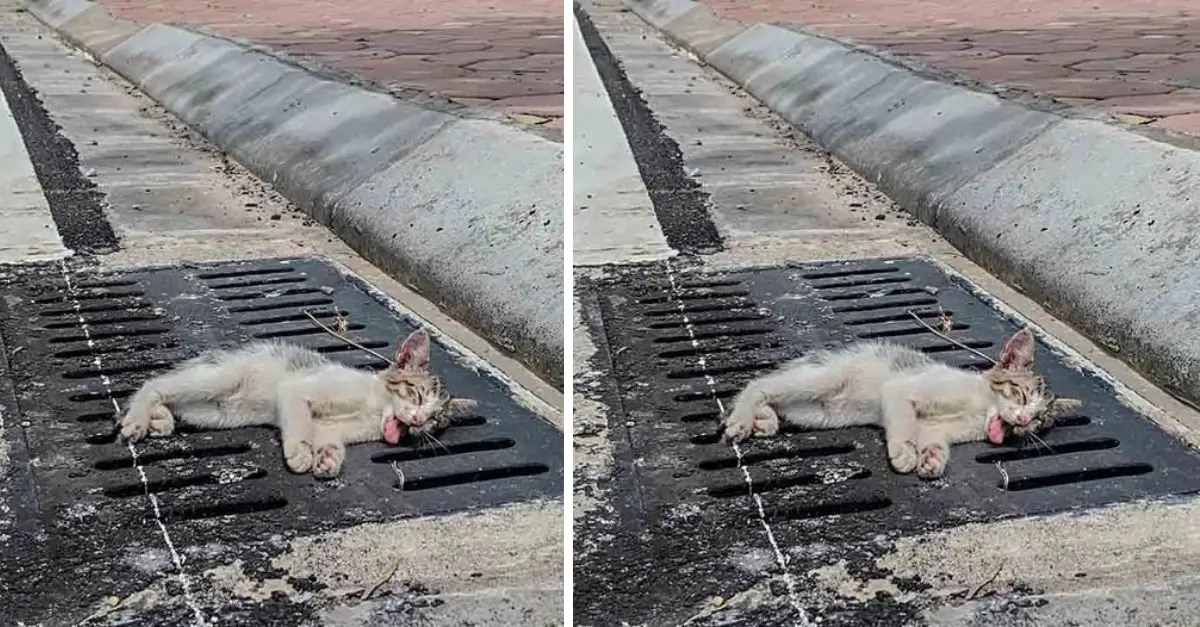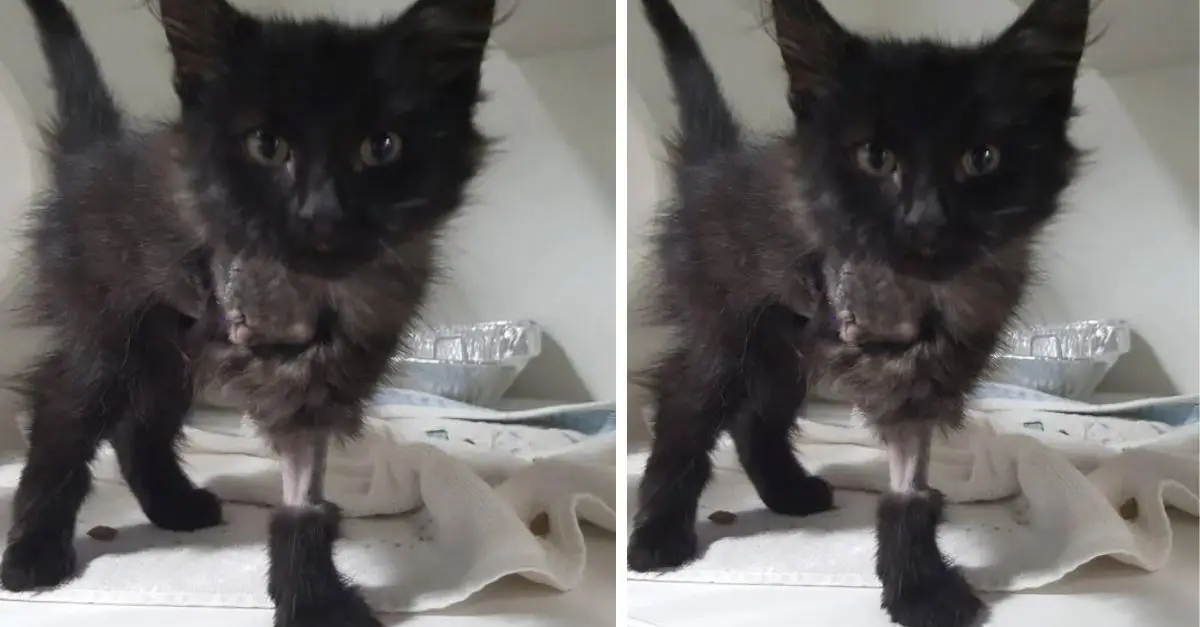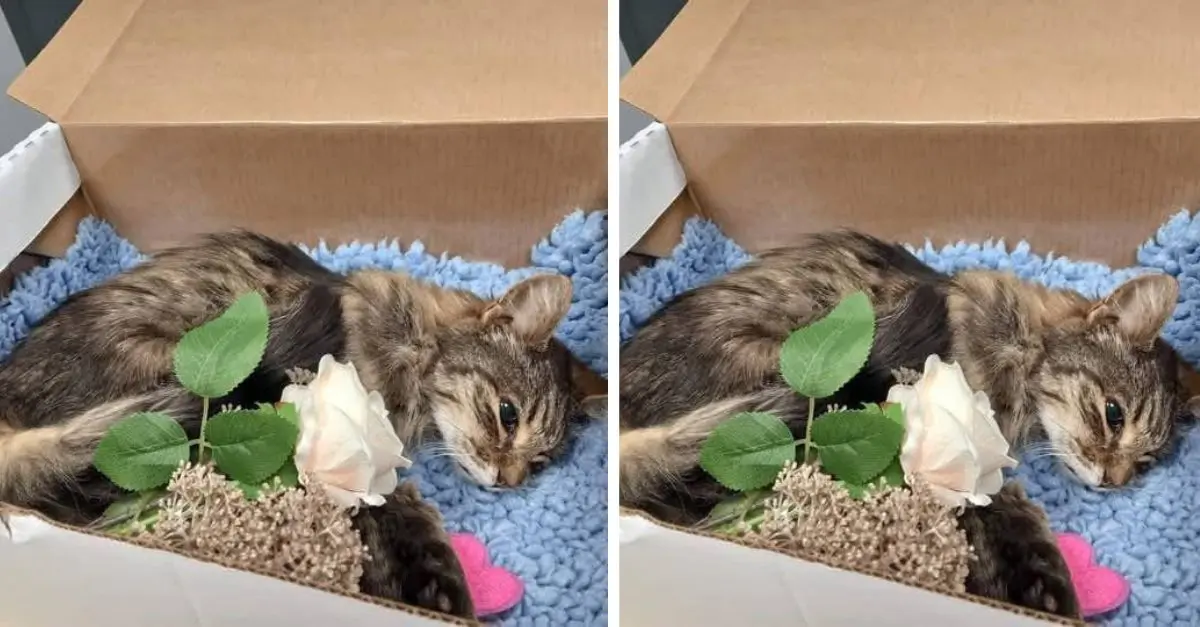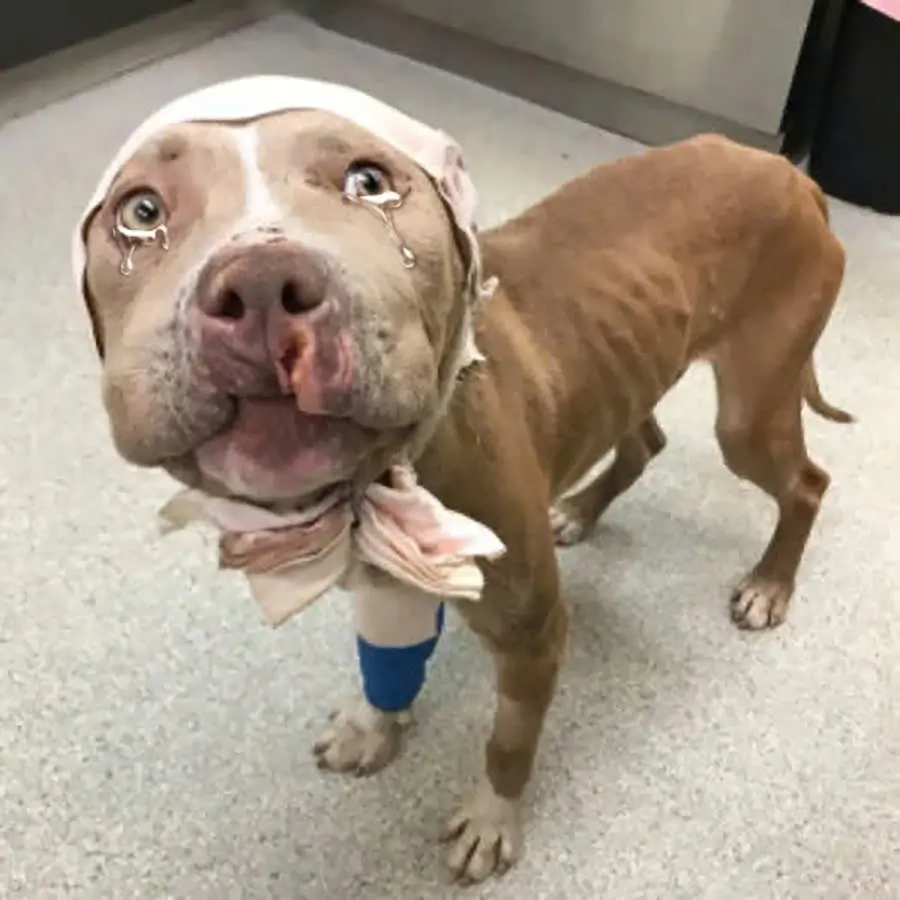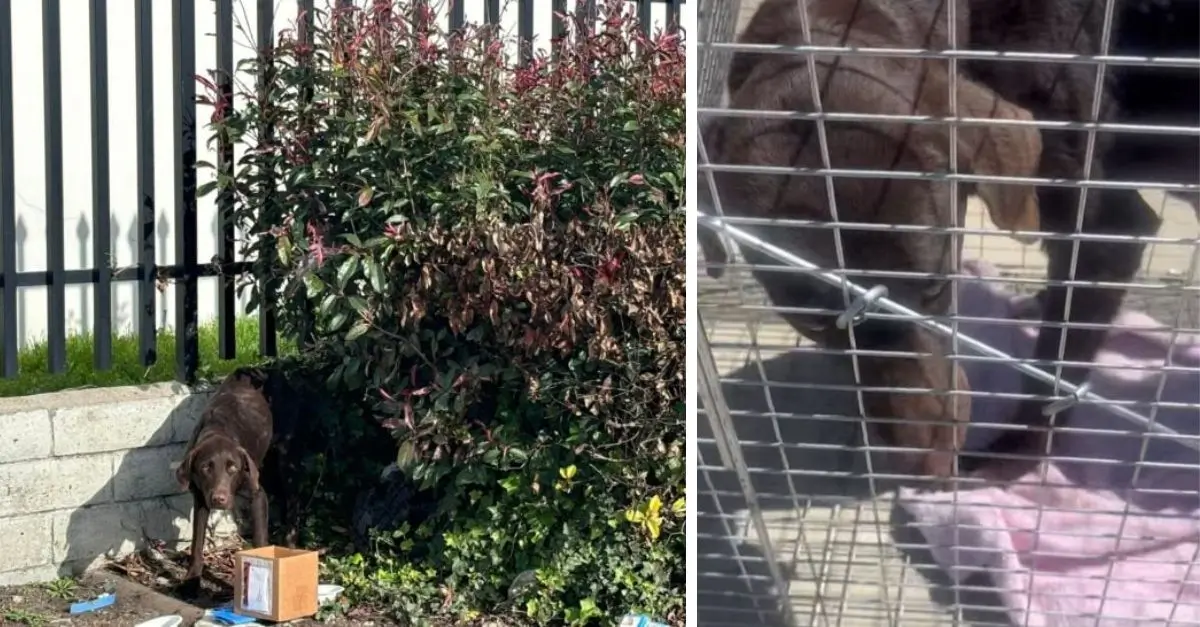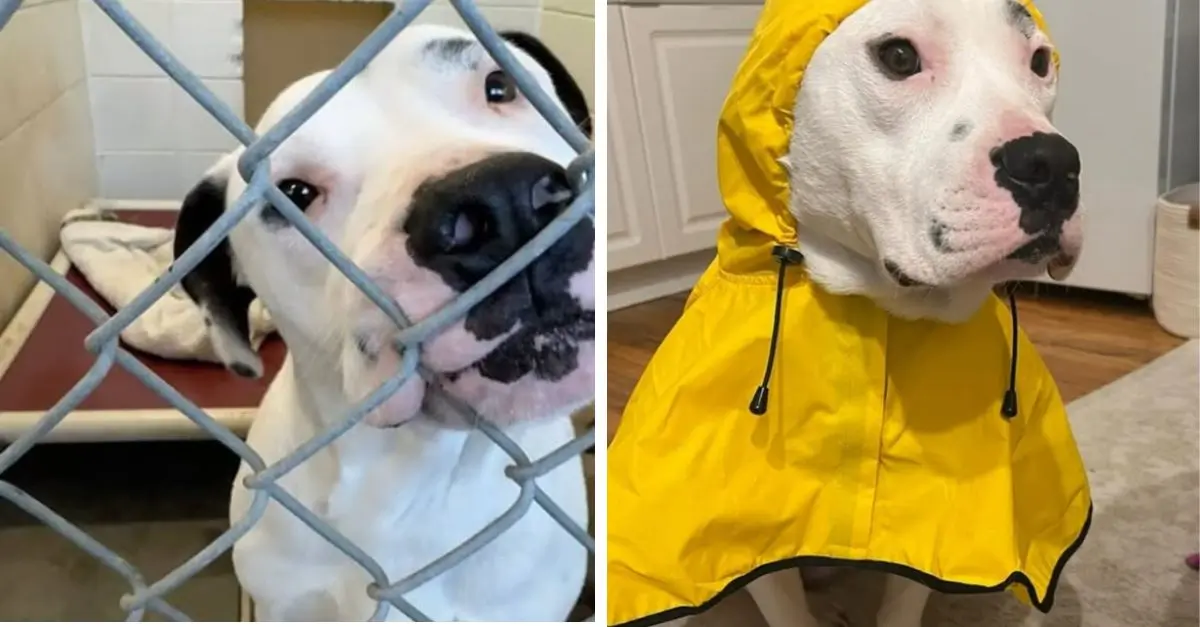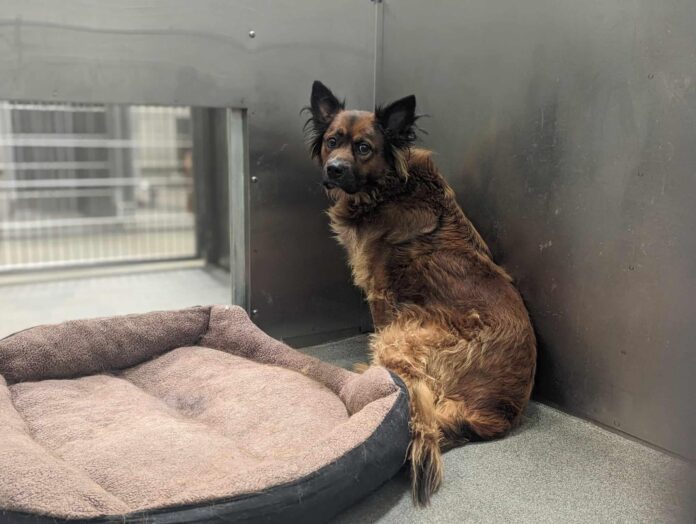
A Horrific Discovery: Kittens Zip-Tied for Death
In a truly shocking and heartbreaking discovery, two newborn kittens were found cruelly zip-tied together beneath a shopping cart at a bustling shopping center in Santa Fe, California. This horrific act of abandonment left the tiny creatures fighting for their lives. On the evening of May 20th, the kittens, tentatively named Frodo and Sam, were rushed to the Helen Woodward Animal Center. Tragically, they were brought in alongside two siblings who had already succumbed to their injuries, a stark reminder of the brutality they had endured.
The surviving kittens, both orange tabbies, were still bearing their umbilical cords, indicating they were less than five days old, as estimated by the center’s medical staff. They were also crawling with fleas, a testament to the neglect they faced even before this cruel abandonment. While one of the kittens is thankfully recovering well, the other sustained serious injuries to its rear left leg from the tight, unforgiving zip tie. Their rescue was orchestrated by a regional manager from Blue Buffalo, a longtime supporter of the Helen Woodward Animal Center. According to the dedicated staff, the mere survival of these two fragile lives is nothing short of miraculous, a testament to their resilience in the face of such abhorrent cruelty. Kendall Schulz, the director of adoptions at the Center, expressed the initial concerns: “That was our biggest concern at first. We were worried they hadn’t eaten in hours, and wouldn’t eat. But the moment we tried bottle feeding, they took to it right away,” highlighting the immediate and positive response from the desperate newborns.
The Critical Importance of Early Life and the Strain on Shelters
The discovery of Frodo and Sam, still with their umbilical cords, underscores a critical point about feline development: kittens should ideally remain with their mother until they are at least eight weeks old, with many experts even recommending waiting until they are 10-12 weeks old before separation. When kittens are separated too early, they are deprived of essential nutrients from their mother’s milk, which can lead to severe growth problems and malnutrition. The consequences extend beyond immediate physical health; there are also potential long-term behavioral effects. Studies have consistently shown that kittens taken from their mother prematurely may exhibit increased vocalization in stressful situations, or be at a higher risk of developing compulsive behaviors or aggression later in life. The emotional and developmental trauma of such early separation is profound and lasting.
This horrific incident also sheds light on a broader, ongoing crisis faced by animal shelters nationwide. Recent data from Shelter Animals Count reveals a concerning trend: as of April 25, 2025, 1,944 animals had been surrendered, marking an increase of approximately 11 percent compared to the same period in 2024. Shelters are currently grappling with what is commonly known as “kitten season,” a period that typically spans from March to October. During these months, longer daylight hours trigger hormonal changes in unspayed female cats, leading to multiple heat cycles and a significant increase in pregnancies. As a direct result, shelters experience a massive influx of kittens, stretching their resources to the absolute limit and making stories like Frodo and Sam’s all the more tragic as they compete for limited space and care.

A Long Road to Recovery: The Power of Foster Care
Kittens Frodo and Sam are now safely in foster care, beginning their long and arduous road to recovery. Their journey ahead involves intensive care and constant vigilance, especially given their extreme youth and the trauma they endured. Providing round-the-clock nourishment is paramount for such young, vulnerable kittens. As Schulz emphasized, “Finding fosters qualified to bottle feed is super important, because these little guys need to be fed every two hours.” This highlights the immense dedication required from foster parents during “kitten season,” a time when many tiny lives depend on such specialized care. Fortunately, the Helen Woodward Animal Center boasts an extensive network of highly qualified foster individuals who are ready to drop everything and step in to help these fragile creatures.
The immediate future for Frodo and Sam will involve continued nurturing in their foster home, focused on their physical healing and healthy development. Their story serves as a stark reminder of both the incredible cruelty humans can inflict and the boundless compassion that exists to counteract it. While they have faced an unimaginable start to life, their survival, thanks to swift intervention and dedicated care, offers a glimmer of hope. Their journey to a full recovery and eventually, a loving forever home, will be a testament to the resilience of life and the unwavering commitment of those who champion animal welfare.

